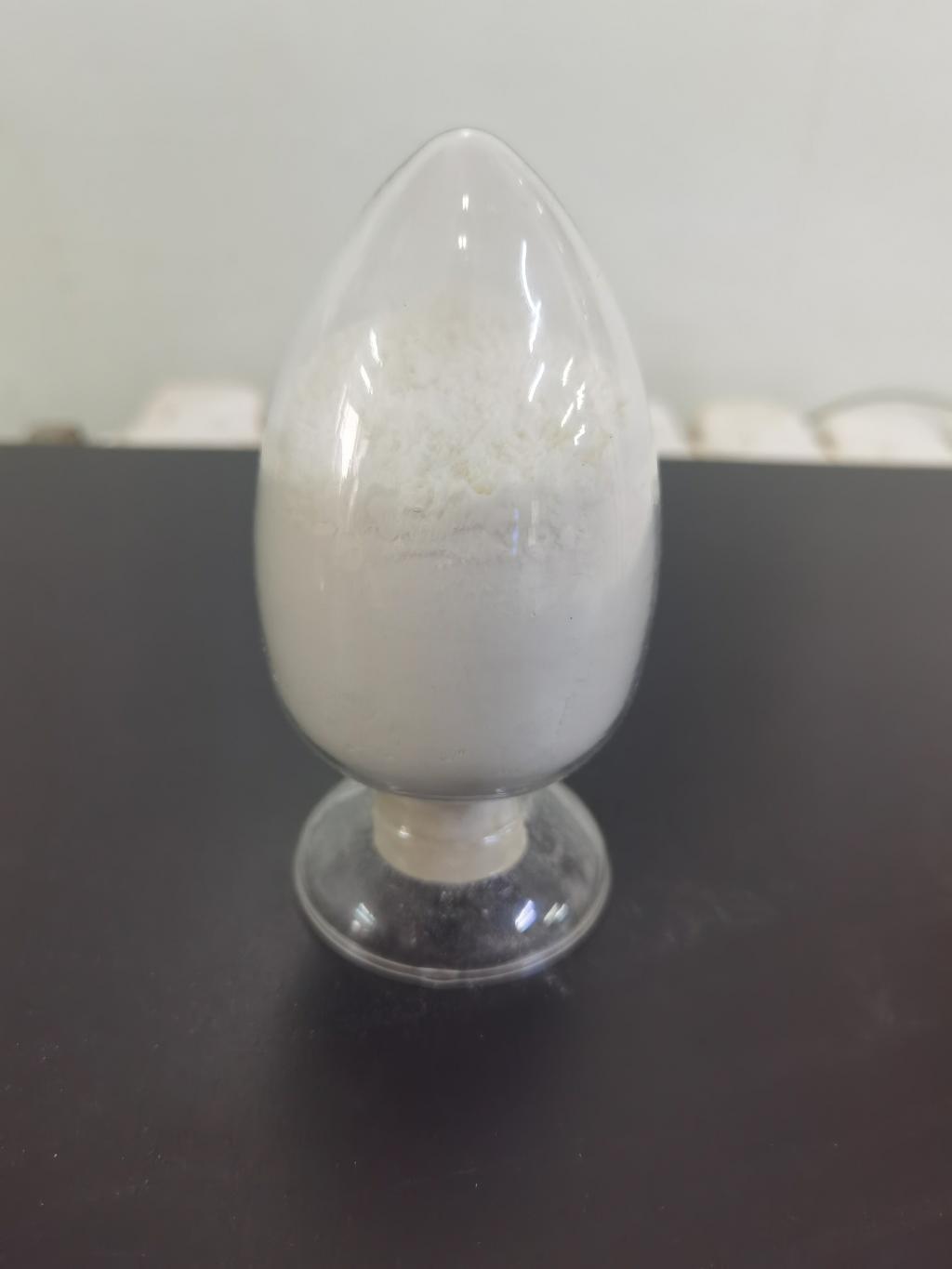Tel:0086 18231198596

News
Sustainable Agriculture Practices The Influence of ε-Polylysine Hydrochloride on Crop Health
TIME:2024-03-12
Introduction:
As the global population continues to rise, the demand for food production increases, posing significant challenges to agricultural systems and the environment. Sustainable agriculture practices aim to balance the need for increased yields with environmental conservation and long-term resilience. The application of ε-polylysine hydrochloride, a natural antimicrobial polymer, offers a promising avenue for enhancing crop health, mitigating the impact of diseases, and promoting sustainability in agriculture.
The Need for Sustainable Agriculture:
Traditional agriculture practices have often relied on chemical inputs, leading to concerns about soil degradation, water pollution, and the loss of biodiversity. Sustainable agriculture seeks to address these issues by adopting practices that are economically viable, environmentally friendly, and socially responsible. The integration of ε-polylysine hydrochloride aligns with these principles, offering a novel approach to sustainable crop management.
Properties of ε-Polylysine Hydrochloride:
ε-Polylysine hydrochloride is a naturally occurring antimicrobial polymer derived from microbial fermentation. Comprising lysine units, it exhibits antimicrobial properties against a broad spectrum of bacteria and fungi. The positively charged structure of ε-polylysine hydrochloride interacts with microbial cell membranes, disrupting their integrity and inhibiting growth. This unique property positions it as a potential solution for enhancing crop health in a sustainable manner.
Antimicrobial Impact on Crop Diseases:
One of the primary challenges in conventional agriculture is the prevalence of crop diseases, which can lead to substantial yield losses. The antimicrobial properties of ε-polylysine hydrochloride make it an effective tool in mitigating the impact of bacterial and fungal pathogens. By incorporating ε-polylysine hydrochloride into crop management strategies, farmers may reduce their reliance on synthetic pesticides, minimizing environmental pollution and fostering a healthier ecosystem.
Enhancing Soil Health and Microbial Diversity:
Sustainable agriculture recognizes the pivotal role of soil health in maintaining resilient and productive ecosystems. The application of ε-polylysine hydrochloride has shown potential in positively influencing soil health. Research suggests that this antimicrobial polymer, while targeting harmful microorganisms, may also support beneficial microbial diversity. The preservation of soil ecology contributes to improved nutrient cycling, enhanced water retention, and overall sustainability in agriculture.
Reducing Environmental Footprint:
Conventional agricultural practices often contribute to environmental degradation through the excessive use of synthetic pesticides and fertilizers. The integration of ε-polylysine hydrochloride offers an environmentally friendly alternative. Its biodegradability and targeted antimicrobial action contribute to a more sustainable agricultural system by reducing the overall environmental footprint associated with chemical inputs.
Precision Application Techniques:
The success of ε-polylysine hydrochloride in sustainable agriculture lies in the precision of its application. Techniques such as foliar sprays, seed coatings, and controlled-release formulations allow farmers to target specific crops, areas, or stages of growth, minimizing the potential for unintended consequences. This precision approach ensures that the benefits of ε-polylysine hydrochloride are maximized while minimizing any negative impacts on non-target organisms.
Case Studies:
Organic Farming with ε-Polylysine Hydrochloride:
Organic farming, which emphasizes sustainability and environmental stewardship, has shown promise in incorporating ε-polylysine hydrochloride as part of integrated pest management strategies. Case studies highlight its effectiveness in reducing disease incidence and improving overall crop health in organic systems.
Small-Scale Agriculture in Developing Regions:
In regions with limited access to synthetic pesticides, ε-polylysine hydrochloride presents an opportunity for small-scale farmers to enhance crop health without relying on environmentally harmful chemicals. Case studies demonstrate its adaptability and potential for improving yields in resource-constrained settings.
Challenges and Considerations:
While the potential benefits of ε-polylysine hydrochloride in sustainable agriculture are substantial, challenges such as cost-effectiveness, scalability, and potential development of resistance in target organisms need to be addressed. Collaborative efforts between researchers, agricultural practitioners, and policymakers are essential to overcome these challenges and facilitate the widespread adoption of this innovative approach.
Conclusion:
The influence of ε-polylysine hydrochloride on crop health represents a significant advancement in sustainable agriculture practices. By harnessing its antimicrobial properties, farmers can potentially reduce reliance on synthetic chemicals, mitigate the impact of crop diseases, and contribute to the overall health of agricultural ecosystems. As the agricultural sector grapples with the imperative to feed a growing global population while minimizing environmental impact, ε-polylysine hydrochloride offers a promising solution for a more sustainable and resilient future in agriculture.

 CONTACT
CONTACT




